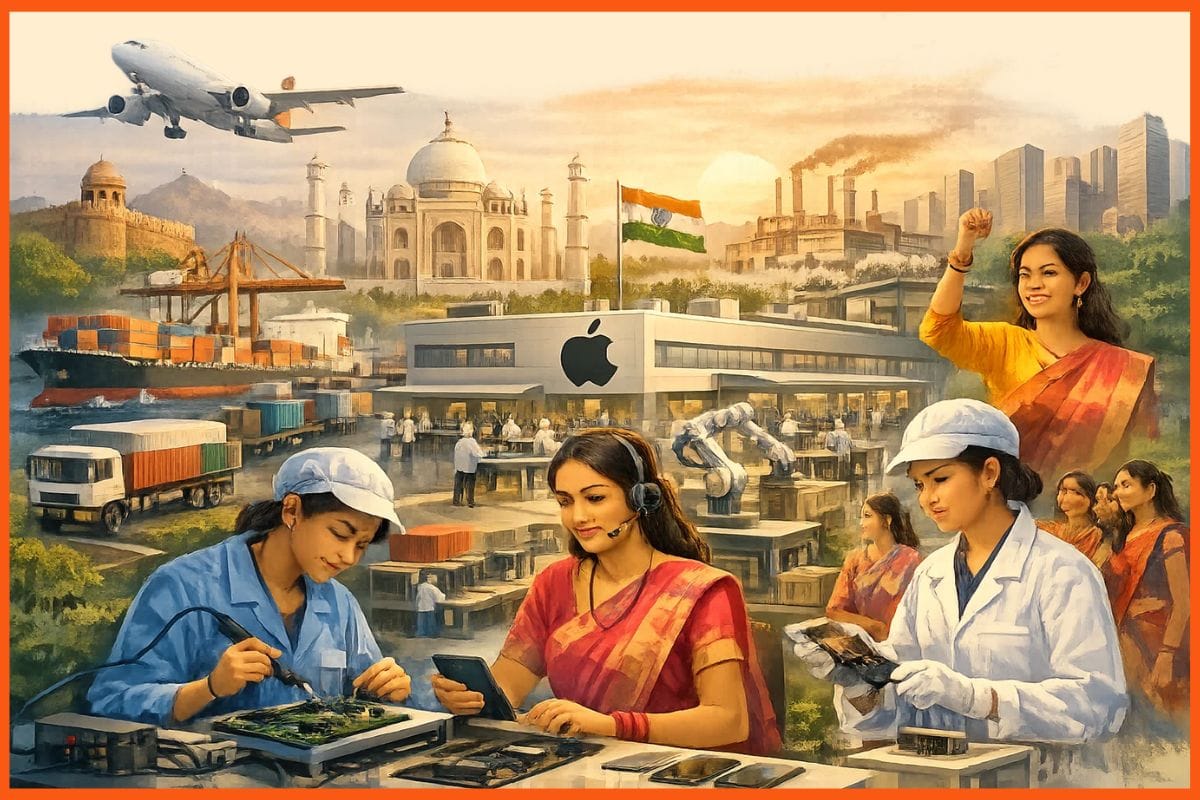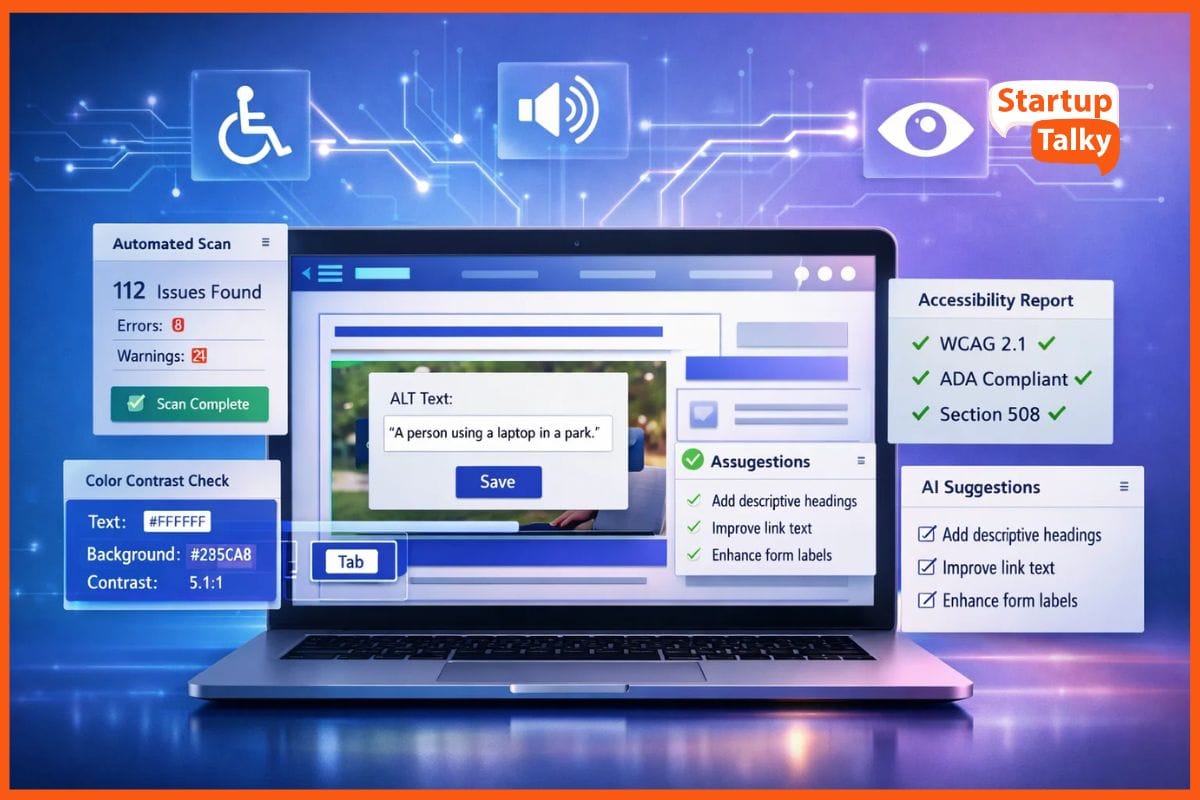The 12 Best Alternatives To ChatGPT
Collections 🗒️
ChatGPT was launched by OpenAI in 2022 and registered 100 million users in mid-February of 2023. Here’s a look at how it progressed over the past few months.
ChatGPT was released to the public on November 30, 2022. It quickly gained popularity, reaching 1 million users in December, 1.5 million users on December 31st, 15.10 million in January, 1.20 million at January end, 15.50 million on February 1, and 100 million on February 15. The simple reason behind its popularity is that it is a powerful AI chatbot that can be used for many tasks. It can generate text, translate languages, write different kinds of creative content, and answer your questions in an informative and human way.
ChatGPT is built on top of OpenAI's GPT-3.5 and GPT-4 foundational large language models and has been fine-tuned using supervised and reinforcement learning techniques. It is a great tool to have and very useful for students and teachers.
However, it is still in its early stages, and its ability to handle complex conversational scenarios is limited. While it can generate coherent and grammatically correct responses, it may struggle with understanding and responding to complex or nuanced questions. It also has limitations while interpreting user interface features such as buttons, menus, and links. This can make it challenging to use for customer service scenarios that require an understanding of these features.
Additionally, as an AI language model, ChatGPT is only as unbiased as the data it was trained on. If the training data contains biases or stereotypes, these may be perpetuated in the model's responses. And it isn't surprising that many such biased reactions came to light, mainly when they were related to the Conservatives and the Republican politicians in the UK and the United States.
A study titled "Danger in the Machine: The Perils of Political and Demographic Biases Embedded in AI Systems" was conducted by researchers at the Manhattan Institute (published on April 1, 2023), and it found that ChatGPT was more likely to generate positive responses to prompts about President Biden than President Trump. For example, when asked to write a poem about each president, ChatGPT's poem about Biden was more positive and uplifting, while its poem about Trump was more negative and critical.
Also, when ChatGPT was asked to write a poem about a woman, it generated an optimistic poem. However, ChatGPT was more likely to induce a cynical poem when asked to do the same about a man.
However, despite these limitations, ChatGPT has shown to be a prevailing tool for natural language processing tasks and continues to evolve as new developments in AI research and technology emerge.
So, you might want to use a different chatbot if you are looking for a chatbot with specific features or benefits. You also might want to use a ChatGPT alternative if you are concerned about the privacy or security of your data. And that is why you must know what options are available for you to use.
Finding New Alternatives
So here is a list of ChatGPT alternatives; there are several factors involved in the decision making like—
- Accuracy: Your chatbot of choice should be able to generate accurate and factual text.
- Fluency: It should be able to generate human-like text that is easy to read and understand.
- Creativity: Also, it should be able to generate creative and original text, as ChatGPT can.
- Flexibility: It should be able to be used for a variety of tasks like content writing, journalism, creative writing, education, etc.
- Privacy: It must protect the privacy and security of your data.
- Ease of use: The chatbot should be easy to use and set up.
- Cost: It should be affordable and easily accessible.
- Reputation: The chatbot should have a good reputation with other users. News of biasedness does not build trust in users, and users start looking for alternatives.
The best ChatGPT alternative for you will depend on your specific needs and requirements, but let’s see how these 12 alternatives are helpful:
- Google’s Gemini AI Chatbot
- Bing AI Chat
- Chatsonic
- YouChat
- Character.AI
- Semrush ContentShake AI
- Claude
- Github Copilot
- Perplexity AI
- WriteSonic
- AnonChatGPT
- Grok AI
Google’s Gemini AI Chatbot
| Tool | Google's Gemini |
|---|---|
| Launched In | 2023 |
| Free Version | Available |

Google’s Gemini is an Artificial Intelligence (AI) chatbot, launched in 2023 for some users and has trained on a massive dataset of texts and codes. Plus, it is also proficient in natural language processing and human-like conversations. When prompted, it can generate text, poems, creative content, etc.
- Gemini AI is powered by Google's LaMDA language model, one of the most powerful language models available.
- It is known for its ability to generate factual and informative text
- It can be used for multiple tasks like– research, writing, and education.

Bing AI Chat
| Tool | Bing AI Chat |
|---|---|
| Launched In | 2023 |
| Free Version | Available |

Bing AI Chatbot is another AI-powered chatbot that uses the same technology that powers ChatGPT (first GPT 3.5, since updated to GPT-4) to provide users with answers to their queries. With OpenAI, Microsoft partnered with 1B USD to power OpenAI’s Artificial Intelligence and deep-learning developments in 2019. And in 2023, Microsoft integrated GPT-3.5 features in its Bing Search as Bing Chat.
As for its availability— it is currently available only to selected users who have received an invitation and will be available to more users in a few weeks. Bing AI Chat has now become a cool feature of Bing Search, and it is very helpful in providing accurate information written in human-text output.
What is Bing AI (in 120 seconds) & How to start using Bing Chat
Chatsonic
| Tool | Chatsonic |
|---|---|
| Launched In | 2023 |
| Free Version | Free Trial Available |

Chatsonic is an AI-powered, large language chatbot developed by Writesonic, and it utilizes the powerful GPT-3 language model (now powered by GPT-4) developed by OpenAI. Like ChatGPT, an alternative of ChatGPT, it can generate text, translate languages, write different kinds of creative content such as poems, code, scripts, musical pieces, emails, letters, etc., and answer your questions in an informative way, even if they are open-ended, challenging, or strange.
Chatsonic is still under development, but it has learned to perform many kinds of tasks, such as ChatGPT. It can generate realistic dialogue for chatbots and virtual assistants and translate languages more accurately and fluently than current machine translation systems.
Since its launch in February 2023, ChatSonic has quickly gained popularity, reaching 1 million users in its first month.

YouChat
| Tool | YouChat |
|---|---|
| Launched In | 2023 |
| Free Version | Available |

Another ChatGPT alternative is YouChat. It was announced in February 2023 and developed by You.com. It is a search assistant that uses an AI system similar to ChatGPT (powered by OpenAI's GPT-3 language model). It provides users with summarized answers to their questions directly in their search results without the need to browse multiple websites. It is integrated into You.com’s search engine and keeps up-to-date with the latest news and citations. It can generate creative and entertaining text for numerous tasks, including storytelling, jokes, and poems.
Character.AI
| Tool | Character.AI |
|---|---|
| Launched In | 2022 |
| Free Version | Available |

Last but not least, the Character.AI. It is a neural language model chatbot web application that can generate human-like text responses and participate in contextual conversations. It was constructed by previous developers of Google's LaMDA, Noam Shazeer and Daniel De Freitas. The beta model was made available to use by the public in September 2022.
With Charater.AI, users can create and customize "characters" with unique personalities, define specific parameters, and share them with the community for interactive conversations. It has been praised for its ability to generate realistic and engaging discussions, and as of March 2023, Character.AI has over 1 million users.

Semrush ContentShake AI
| Tool | Semrush ContentShake AI |
|---|---|
| Launched In | 2017 |
| Free Version | Free Trial Available |

ContentShake AI is an impressive tool that generates content quickly and easily, making it a great option for those who need high-quality content in a short amount of time. Its standout feature is the competitor analysis, which provides valuable insights into your competitors' images, headings, and introductions. However, it does have a few drawbacks. For example, it's not integrated with popular tools like Grammarly, and the options for content management are limited, which can be frustrating. Overall, though, it's a solid choice if you need a quick draft based on keyword research, although there are a few areas that could be improved.
Claude
| Tool | Claude |
|---|---|
| Launched In | 2023 |
| Free Version | Free Trial Available |

Claude, developed by Anthropic AI, is an AI chatbot and also the name of the underlying Large Language Models (LLMs) that power it. It is designed to have natural, text-based conversations and is particularly good at tasks such as summarization, editing, Q&A, decision-making, and more. Claude's strength lies in its creativity and the style of writing that it adopts, which closely resembles that of a human being. Currently, Anthropic offers three models of Claude: Claude 3 Haiku, Claude 3 Sonnet, and Claude 3 Opus. Each version builds on the capabilities of the previous one, bringing it closer to human-like comprehension. One of the most impressive features of Claude is the maximum token length, which is a staggering 200,000 tokens, equivalent to approximately 150,000 words. To put that in perspective, the average book contains around 75,000 words, so you could theoretically paste in an entire book and prompt Claude to your heart's content. But it's not just books – you can also use Claude to analyze and perform tasks on lengthy excerpts of code, documents, and more.

Github Copilot
| Tool | Github Copilot |
|---|---|
| Launched In | 2021 |
| Free Version | Free Trial Available |

GitHub Copilot is a tool developed by GitHub in collaboration with OpenAI that assists developers while writing code. It is an AI-powered code completion tool that suggests relevant code snippets based on the context in which you're writing, including your variable names, comments, and code structure. This tool aims to save developers time and reduce bugs by handling repetitive coding tasks. Copilot is built on OpenAI's GPT-4 language model, which allows it to comprehend code structure and patterns across dozens of programming languages. It can suggest completions for whole functions or classes after just a few lines, thus increasing productivity.
Although it's an AI-generated tool, it's not perfect and might sometimes suggest outdated or lengthy code snippets. However, the GitHub team is confident that Copilot can continue to learn and improve. It's important to note that Copilot is a code model and does not work for conversational chats like ChatGPT.

Perplexity AI
| Tool | Perplexity AI |
|---|---|
| Launched In | 2022 |
| Free Version | Free Trial Available |

Perplexity AI was developed by a team of renowned scientists, Aravind Srinivas, Denis Yarats, Johnny Ho, and Andy Konwinski. These scientists are well-known for their work on large language models like GPT-3 from OpenAI. Their aim was to create an AI-powered search and answer engine that provides users with reliable responses to their queries.
Perplexity AI works by using natural language processing to understand questions asked in everyday language. It then searches the internet and its own knowledge base to provide accurate conversational responses. One of the major benefits of using Perplexity AI is its high accuracy. It is the perfect assistant for fact-checking sources and validating any hypotheses while writing an essay or content piece. Multimodal models like ChatGPT may be better at complex problem-solving or content generation, but Perplexity AI is particularly good at search. Therefore, it is important to choose wisely based on your needs.
WriteSonic
| Tool | WriteSonic |
|---|---|
| Launched In | 2012 |
| Free Version | Free Trial Available |

Writesonic is a writing tool powered by AI that specializes in producing marketing and business content. It provides various templates and features that help to create ad copy, product descriptions, emails, blog posts, and more with ease. Although not as advanced as ChatGPT in solving complex problems, it is incredibly useful in quickly generating written content. However, different pricing tiers come with a limit on the number of words that you can generate per month. Therefore, it is necessary to keep track of the word count if you produce a lot of content.
AnonChatGPT
| Tool | AnonChatGPT |
|---|---|
| Launched In | 2023 |
| Free Version | Free Trial Available |

AnonChatGPT is a chatbot powered by OpenAI's GPT-3 that allows users to chat anonymously without the need to provide any personal information or sign up. Although it may lag behind other models, it prioritizes user privacy and can be a secure alternative. The conversations are not stored, logged or shared by the service, and users can chat anonymously with others who are online. The ultimate goal of AnonChatGPT is to create a platform for AI conversations without compromising the user's personal data. When considering the best ChatGPT alternatives, AnonChatGPT stands out for its commitment to privacy and security.

Grok AI
| Tool | Grok AI |
|---|---|
| Launched In | 2024 |
| Free Version | No Free Trial Available |

Elon Musk's xAI startup has created a unique AI chatbot called Grok AI, formerly known as "TruthGPT." This chatbot is gaining popularity due to its distinctive approach to the typical LLM. Grok AI is designed to interact with users in a playful and sometimes rebellious way, aligning with Musk's vision to challenge "woke" culture. However, some critics doubt the reliability of Grok AI, as its training data comes from X (previously known as Twitter), which includes unverified tweets and thread data. Despite this, Grok AI has a significant advantage in terms of its ability to access X's latest data, making it an invaluable chatbot for inquiries about current events.
So, these are the 12 alternatives to ChatGPT, and we believe the ChatGPT alternatives we have selected are the best available. However, it is also important to note that this is our opinion, and your experience may vary.
FAQs
What are the limitations of ChatGPT?
ChatGPT may struggle with understanding and responding to complex or nuanced questions. It also has limitations while interpreting user interface features such as buttons, menus, and links. This can make it challenging to use for customer service scenarios that require an understanding of these features.
What are the top alternatives of ChatGPT?
Here are the top alternatives of ChatGPT -
- Google's Bard AI Chatbot
- Bing AI Chat
- Chatsonic
- OpenAI Playground
- YouChat
- Character.AI
- AnonChatGPT
- Grok AI
- Perplexity AI
- Claude
- WriteSonic
- Github Copilot
Must have tools for startups - Recommended by StartupTalky
- Convert Visitors into Leads- SeizeLead
- Website Builder SquareSpace
- Run your business Smoothly Systeme.io
- Stock Images Shutterstock







